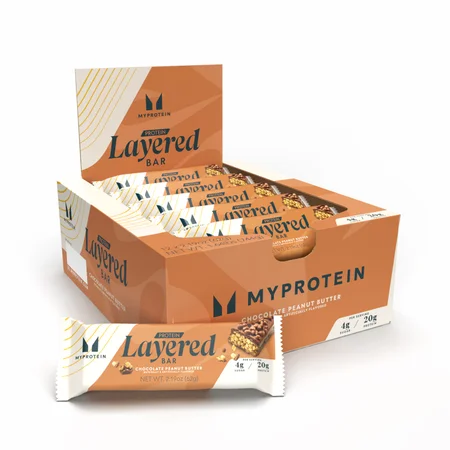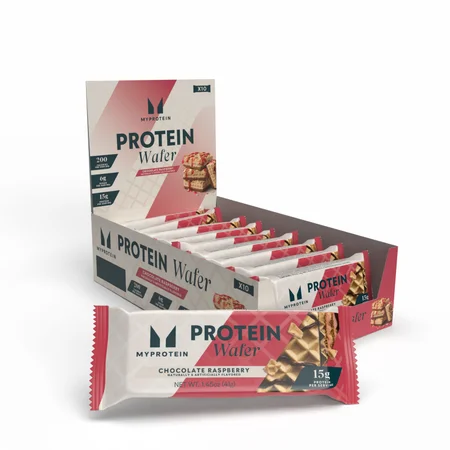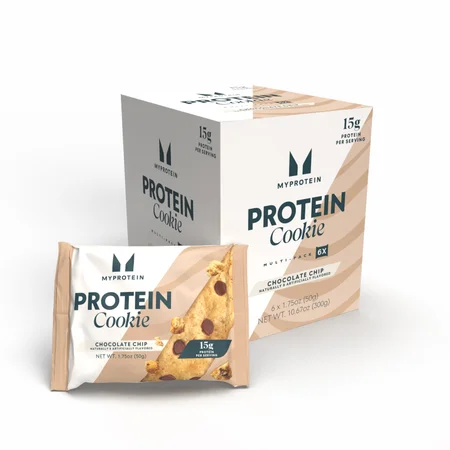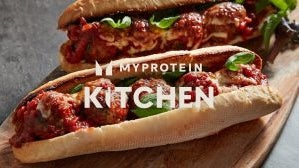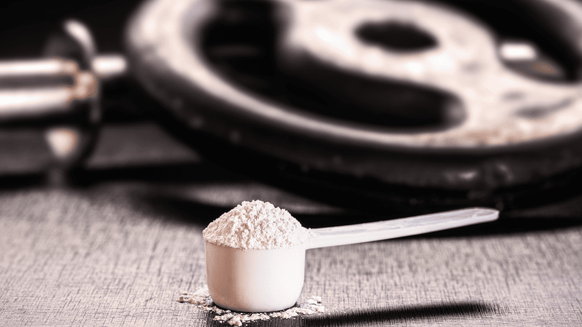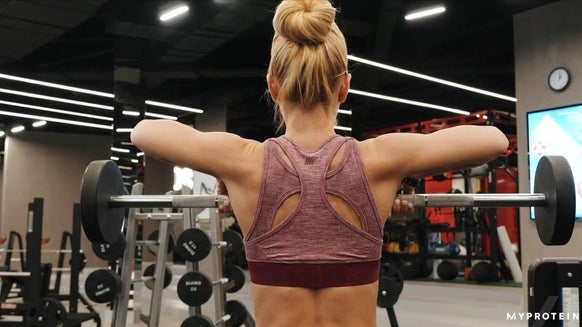What’s Really in Your Protein Bars? | Nutrition, Goals, & More


If you’re reading this article, you’re probably familiar with protein bars. Protein bars and similar items like cereal and granola bars are becoming increasingly common in the US.
Sales of nutrition bars have increased dramatically in recent years—one-fifth of Americans eat at least one nutrition bar a day.1
As fitness and health grow more popular, and people strive to improve their wellness, the market for protein bars is expanding.
So, what’s the problem? Not all protein bars are created equal, and some may do more harm than good.
Let’s take a look at the protein bar market and what you should prioritize if you’re using these quick bites to optimize your nutrition and fuel your workouts.
Why Eat Protein Bars?
Protein bars are a quick and convenient way to get your nutrition in and help satiate a snack craving.
There are many benefits to protein bars that make them a popular choice amongst gym goers and everyday folk alike.
For starters, they’re the perfect snack item to take on the go. Protein bars have a long shelf life and thus won’t go bad, even if sitting in your gym bag for a while.
Second, they’ll provide a quick source of nutrients and energy, and help you hit your macros. Protein bars make a quick and easy snack to give you a boost before your workout, or a pick-me-up after.
They’re a great pre or post-workout option, but you can snack on a protein bar any time of day.
Protein bars are also helpful when trying to reach your nutrition and fitness goals.
Protein bars provide a solid source of protein—no surprise there. Adequate consumption of protein is required for the development of healthy muscles.
Thus, protein bars are an easy way to get your protein and maintain all the hard work you put in at the gym.
In addition to protein, protein bars often provide additional nutrients including carbohydrates, fats, and micronutrients like iron and calcium.
Therefore, protein bars and snacks can provide your body with essential nutrients, lowering rates of malnutrition and micronutrient deficiency.2
Perceptions vs. Reality
When consumers read the word “protein” on products like protein bars and breakfast bars, they are more likely to perceive the product as healthy.1
In actuality, many bars that are called “protein bars” contain some protein, but also high levels of sugar, salt, and fat, making them a poor choice nutritionally.
High levels of sugar can undermine fitness goals, especially if you’re looking to manage your weight or blood sugar.
Additionally, eating too much sugar can give you quick energy but then cause a crash, instead of providing the sustained energy release you should be getting from your protein bars.
For these reasons, it’s important to pay attention to ingredients and be mindful of what you're putting into your body.
Does the product in front of you actually provide ingredients that will help you achieve your goals?
Nutrition Goals & Facts
The goal of protein and nutrition bars is to provide essential macronutrients like protein and carbohydrates that will fuel the body.
These nutrients can help give you energy before a workout, promote recovery, and help you reach your daily nutrition goals to sustain muscle growth.
However, according to a 2017 study, nutrition or protein bars vary widely in terms of nutritional quality, with some containing levels of salt, sugar, and fat that approach those found in candy bars.1
If a protein bar is filled with unnecessary ingredients, it can throw off your nutrition goals and become counterintuitive.
You want to consume your protein, but not alongside ingredients that are not aligned with your goals.
Myprotein Bars & Wafers
At Myprotein, we provide supplements targeted to help you fuel your body with just the essentials you need, and our protein bars and wafers are no exception.
Layered Bar
One of our most popular protein snacks is the Layered Bar. These protein bars are covered in chocolate and have 5 layers inside, including a delicious soft filling.
The Layered Bar comes in 5 tasty flavors including Birthday Cake, Chocolate Brownie, and Cookies and Cream.
These treats don’t just taste good but actually provide the nutrition you need to reach your goals.
The Layered Bar is packed with 20 grams of protein and 19 grams of carbohydrates, with only 4 grams of sugar or less per bar.
Layered Bars are also low in sodium and are just 220 calories per bar.
Additionally, you’ll find some calcium, iron, and potassium in each bar that can help support your micronutrient needs.
The Layered Bar provides a convenient protein snack that will help you hit your macros without excessive amounts of unnecessary ingredients like sugar and salt.
Crispy Wafer
If you're looking for a lighter, more textured protein treat to help you optimize your nutrition, you can try the Crispy Wafer.
This crunchy snack is made with milk and whey protein isolates to create a high-protein filling.
Each wafer contains 15 grams of protein and only 5 grams of sugar.
Crispy Wafers are also low in sodium, are just 210 calories a wafer, and provide a solid 14 grams of carbohydrates to help you stay energized.
Our Crispy Wafers come in four distinct flavors. Find them in chocolate and vanilla for a classic taste, Chocolate Raspberry for a fruity take, and Lemon for a refreshing and light feel.
These wafers are the perfect smooth, crunchy snack for any time of day and will give you the nutrients you need to smash your workouts and achieve your goals.
Take Home Message
Protein bars can be a great way to get a quick energy boost, help satiate your hunger, and bring you closer to hitting your macros.
Just remember to be mindful of nutrition and eat bars that contain a balance of helpful ingredients that align with your goals so you can fuel your body right. Keep smashing it.
READ THESE NEXT:

How to Keep Your Diet on Track While on Vacation
Stick to your goals while on break....
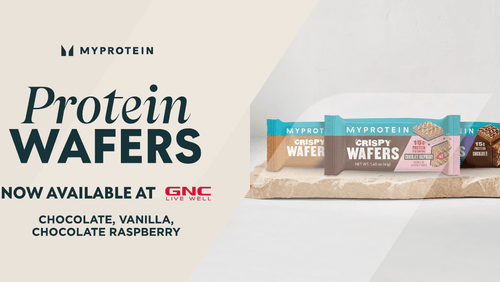
Myprotein x GNC: Crispy Wafers Now Available in Stores & Online
Hit the spot and your macros....
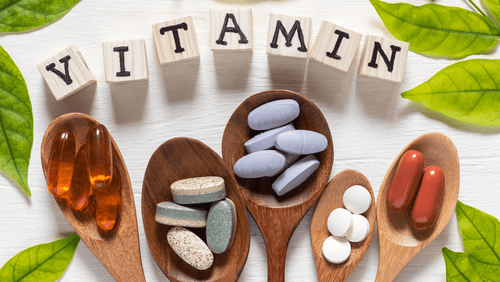
The Complete Guide To Vitamins, Minerals & Supplements To Boost Your Health
Vitamin cheat sheet inside....

A Rutgers University Honors graduate, Jamie grew up on the Jersey shore and double majored in Comparative Literature and Anthropology in college. Jamie is an experienced writer in the health and wellness, biotech, and eCommerce fields. She loves writing with a purpose and has even written for the Department of Justice.
Jamie became drawn to exercise during her time in university and began to notice the physical and mental benefits of moving your body daily. Today, Jamie enjoys Pilates, light weight training, and going on long walks in nature daily.
Jamie is also passionate about eating right and prioritizing gut health and immunity. She is always trying the next innovation in health and wellness. When she’s not writing articles, Jamie enjoys reading, playing guitar, and finding dogs to play with.
- Fernan, C., Schuldt, J. P., & Niederdeppe, J. (2018). Health Halo Effects from Product Titles and Nutrient Content Claims in the Context of “Protein” Bars. Health Communication, 33(12), 1425–1433. https://doi.org/10.1080/10410236.2017.1358240
- TY – JOUR, AU – Gill, Aakash, AU – Meena, Ganga, AU – Singh, Ashish, PY – 2022/01/13, SP – 1324, EP – 1331, T1 – Snack bars as functional foods: A review, VL -, JO –
ER – https://www.researchgate.net/profile/Aakash-Gill-2/publication/370695348_Snack_bars_as_functional_foods_A_review/links/645e34fffbaf5b27a4c12d77/Snack-bars-as-functional-foods-A-review.pdf
